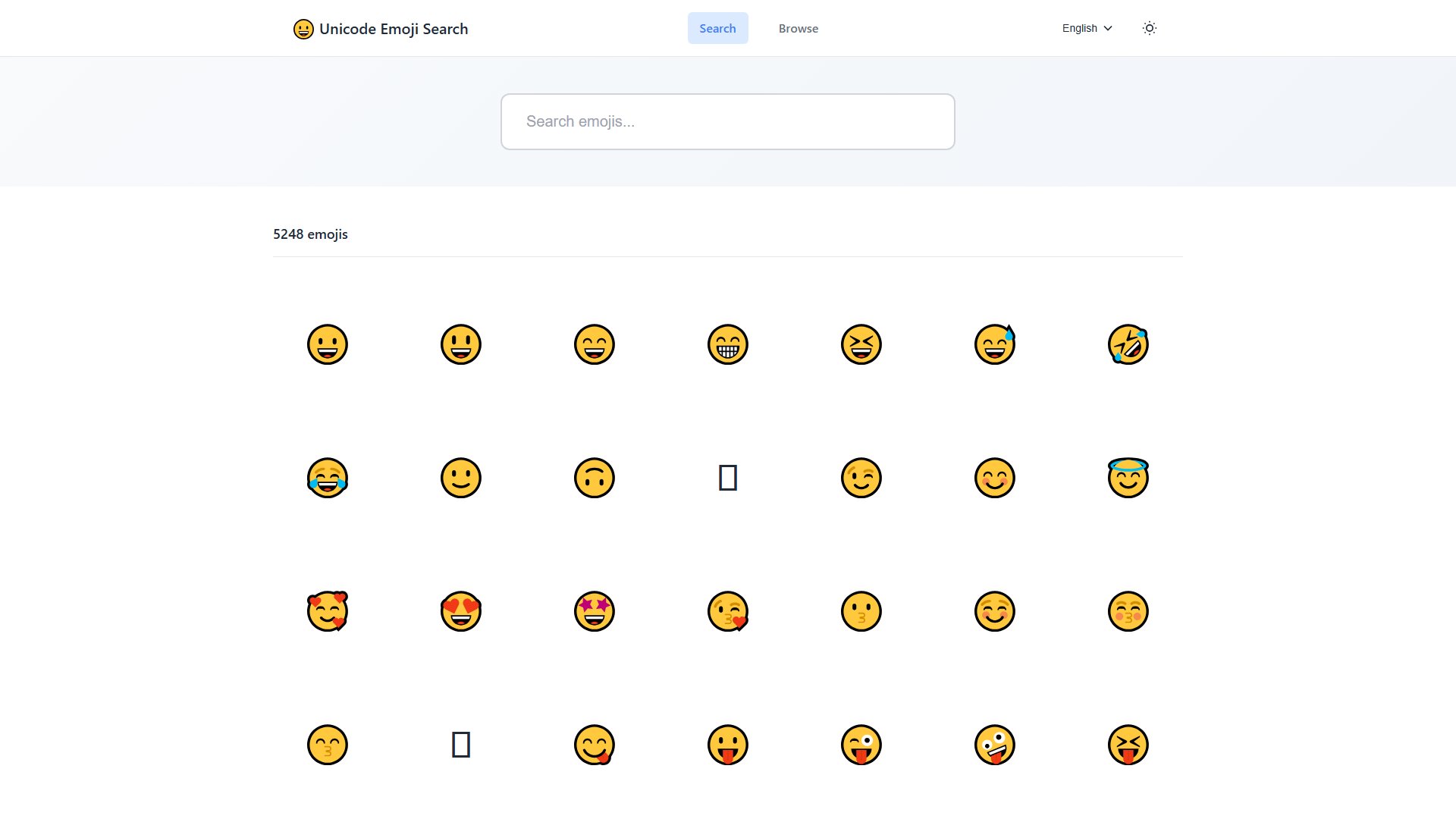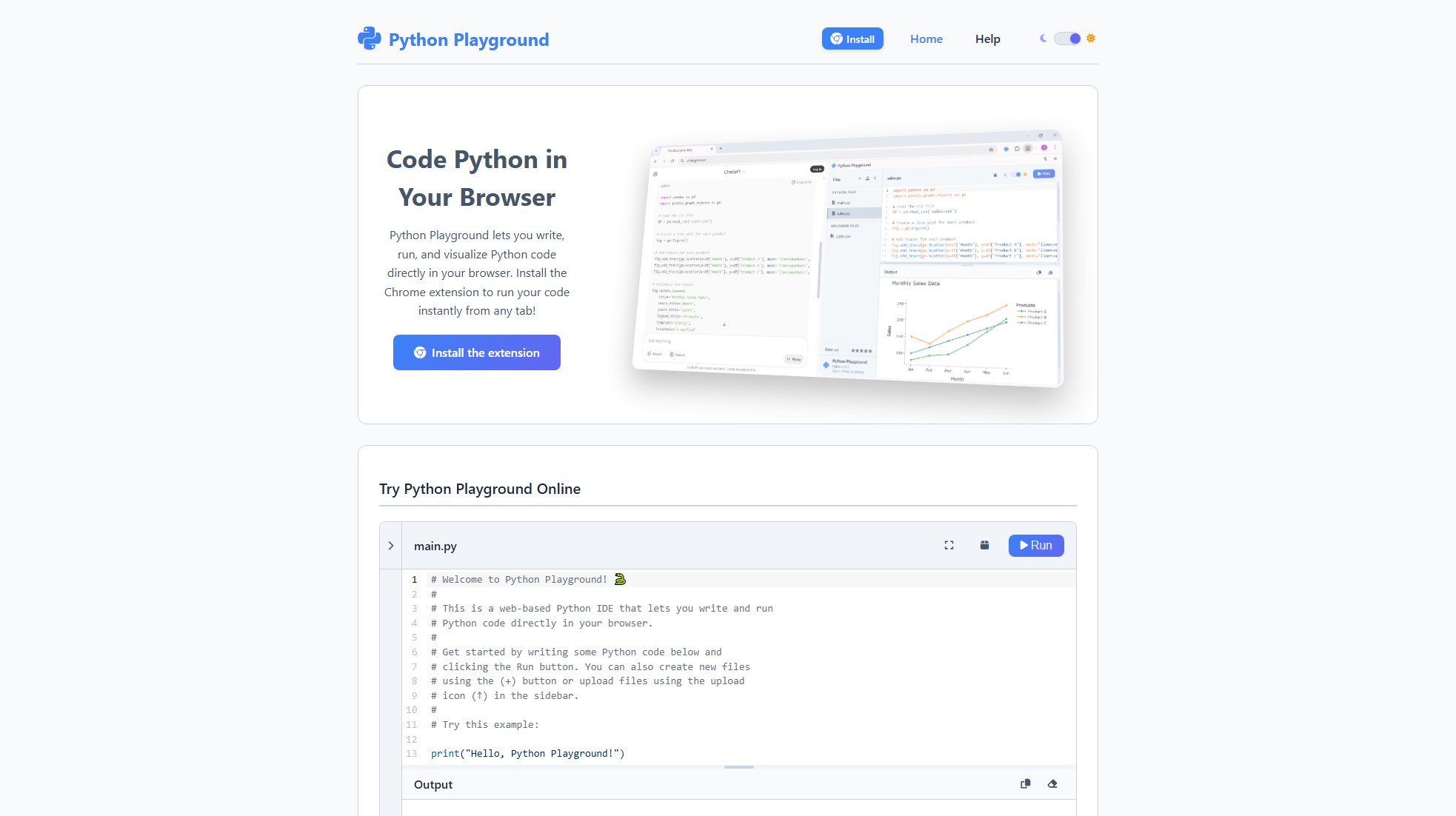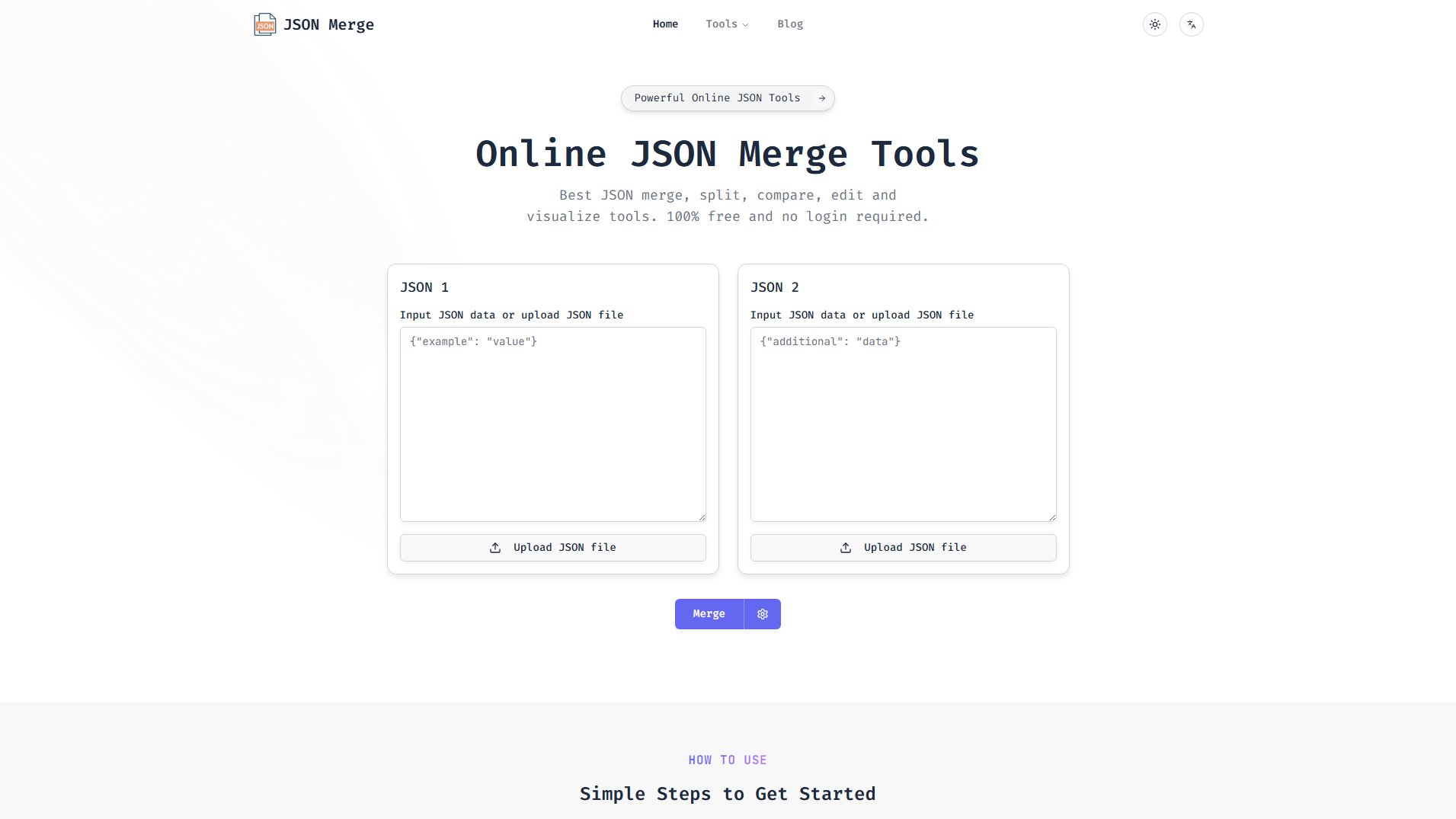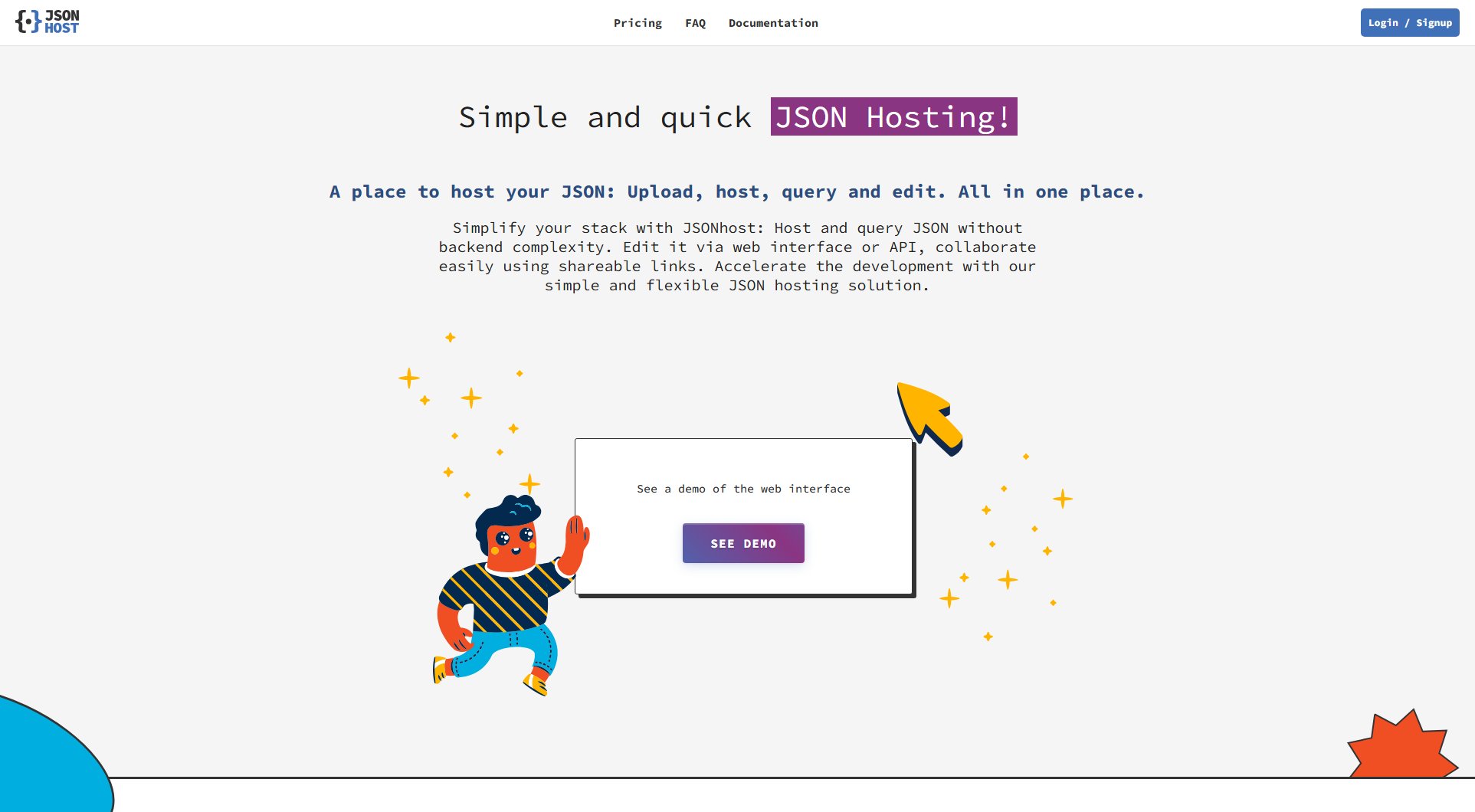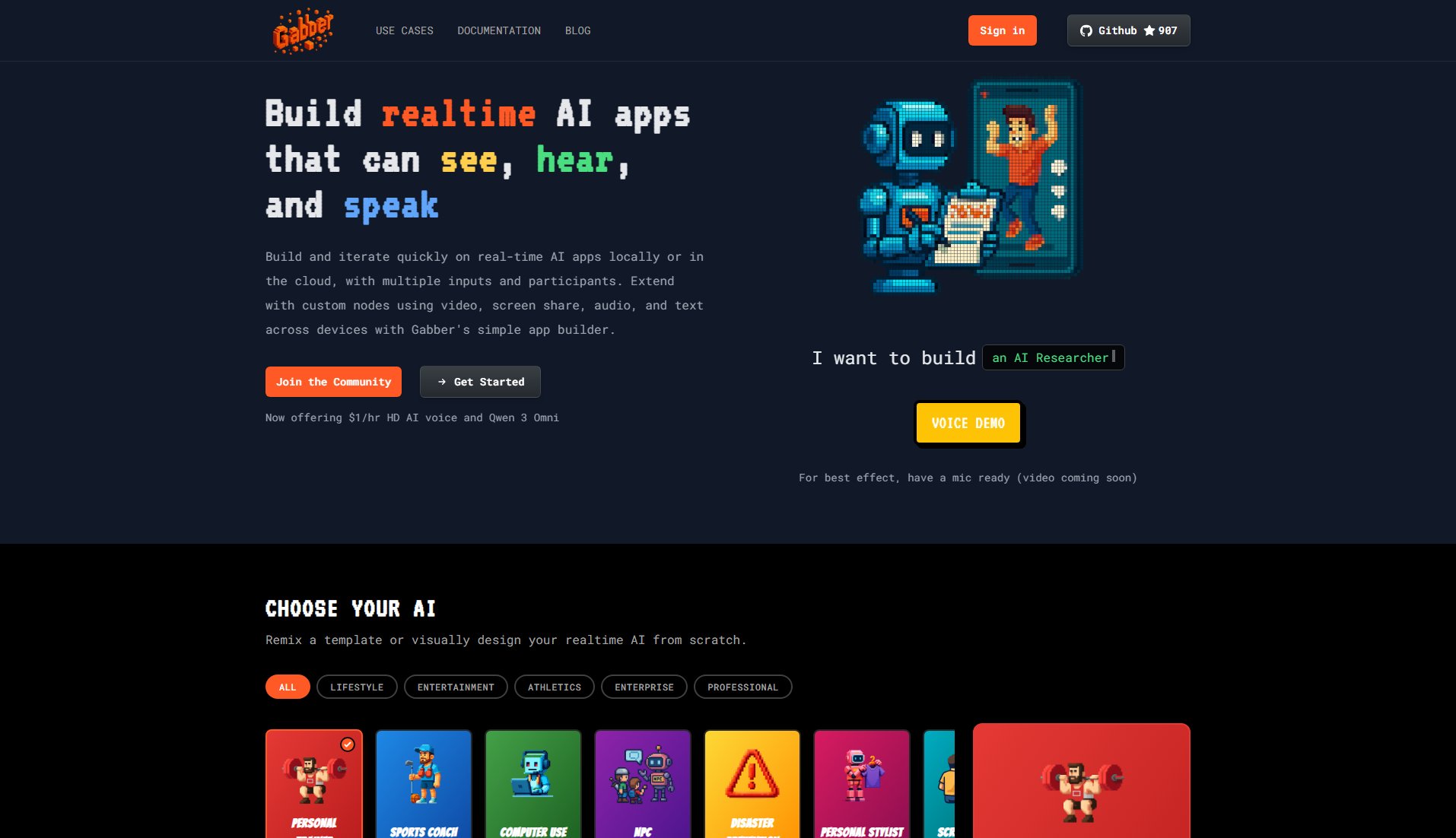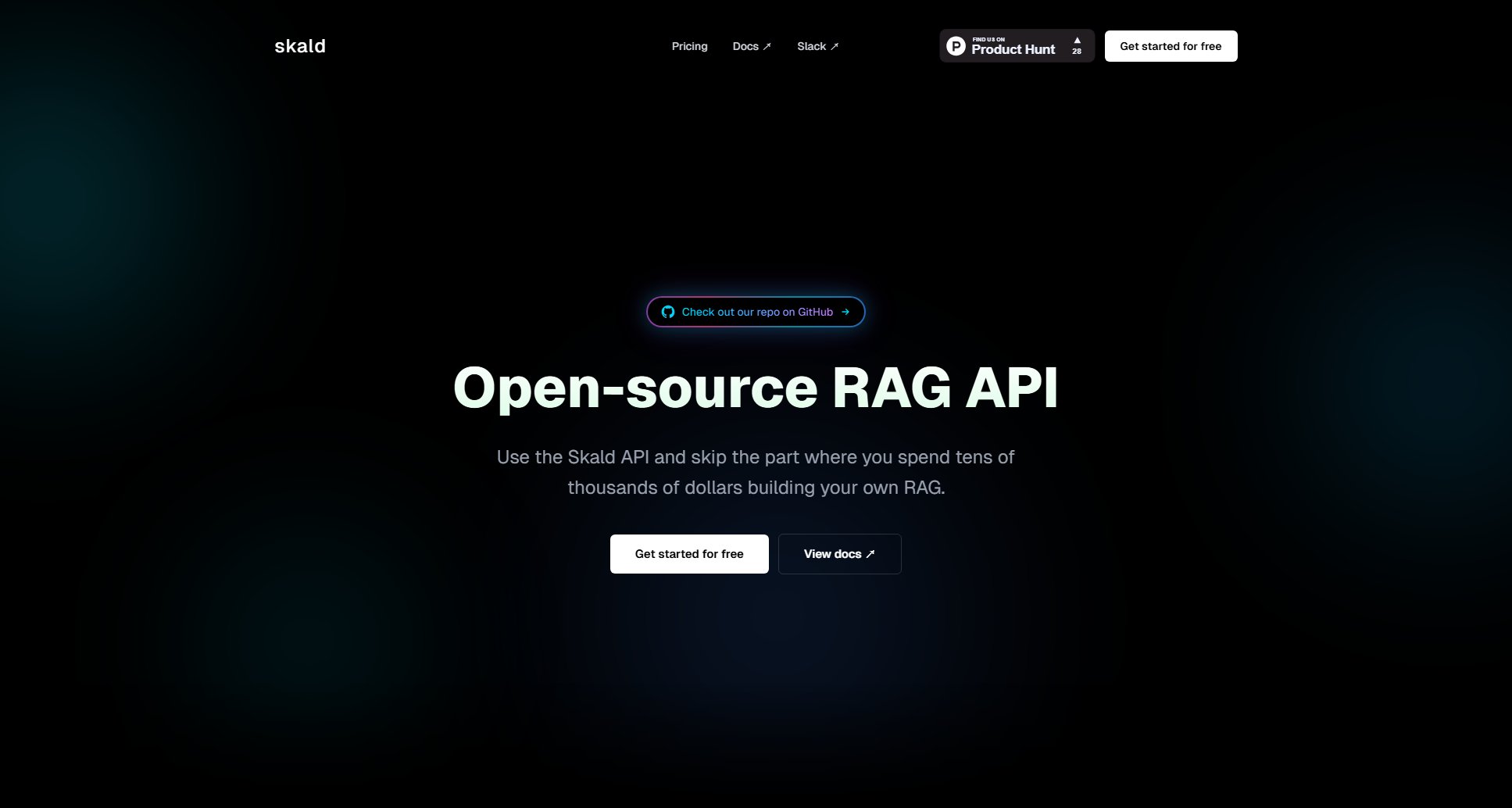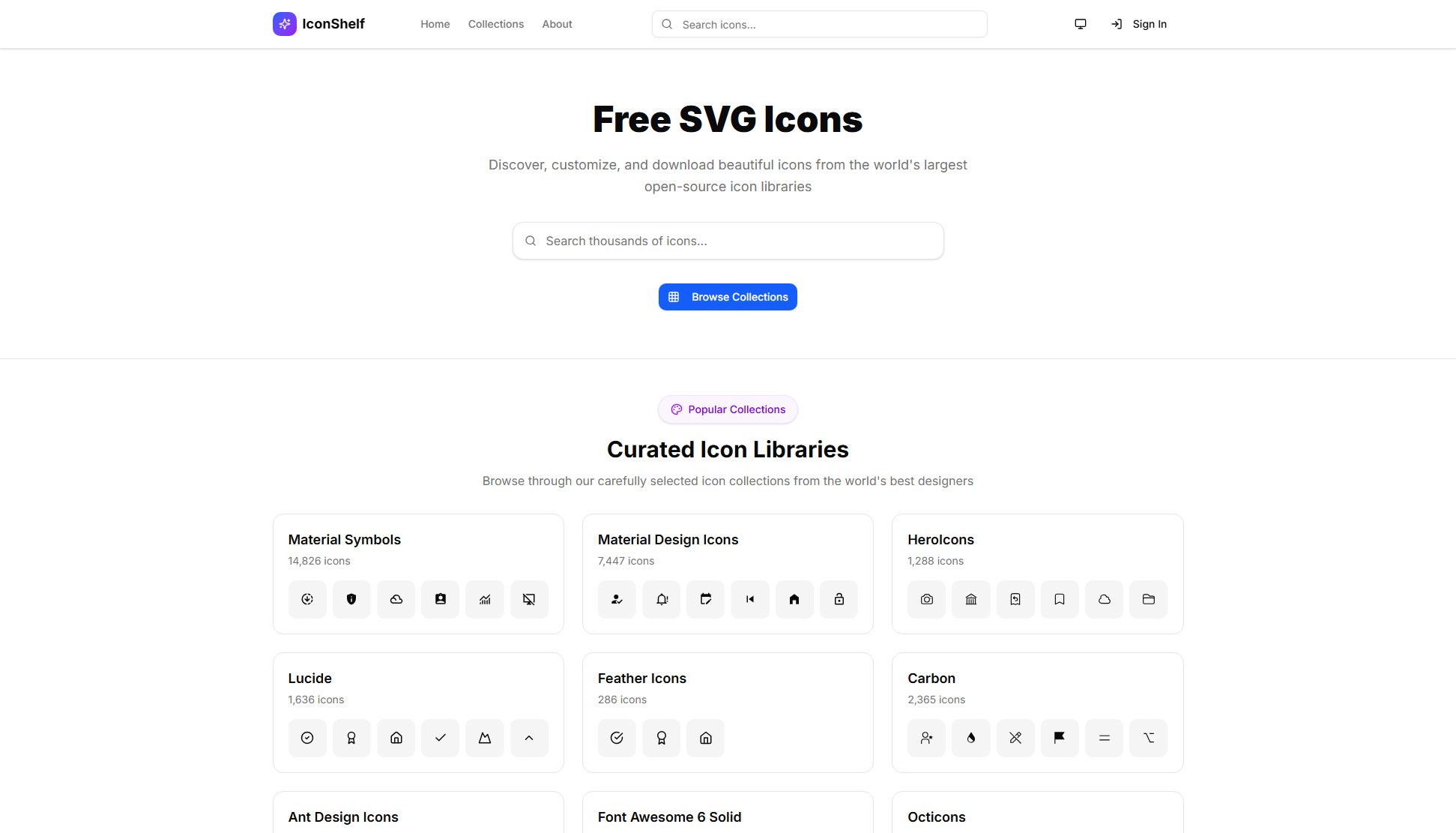Sidequest.js
Durable, distributed, and cloud-agnostic queue for Node.js
What is Sidequest.js? Complete Overview
Sidequest.js is a durable, distributed, and cloud-agnostic queue designed specifically for Node.js applications. It addresses the pain points of traditional Node.js schedulers by providing a robust, scalable background job system that works seamlessly across various cloud providers and on-premises environments. Sidequest.js eliminates vendor lock-in, offering portability and predictability regardless of your infrastructure. Targeted at developers and teams building scalable Node.js applications, Sidequest.js simplifies background job management with its intuitive API, comprehensive documentation, and sleek management UI. Whether you're running a side project or scaling mission-critical systems, Sidequest.js ensures efficient job execution with minimal setup.
Sidequest.js Interface & Screenshots
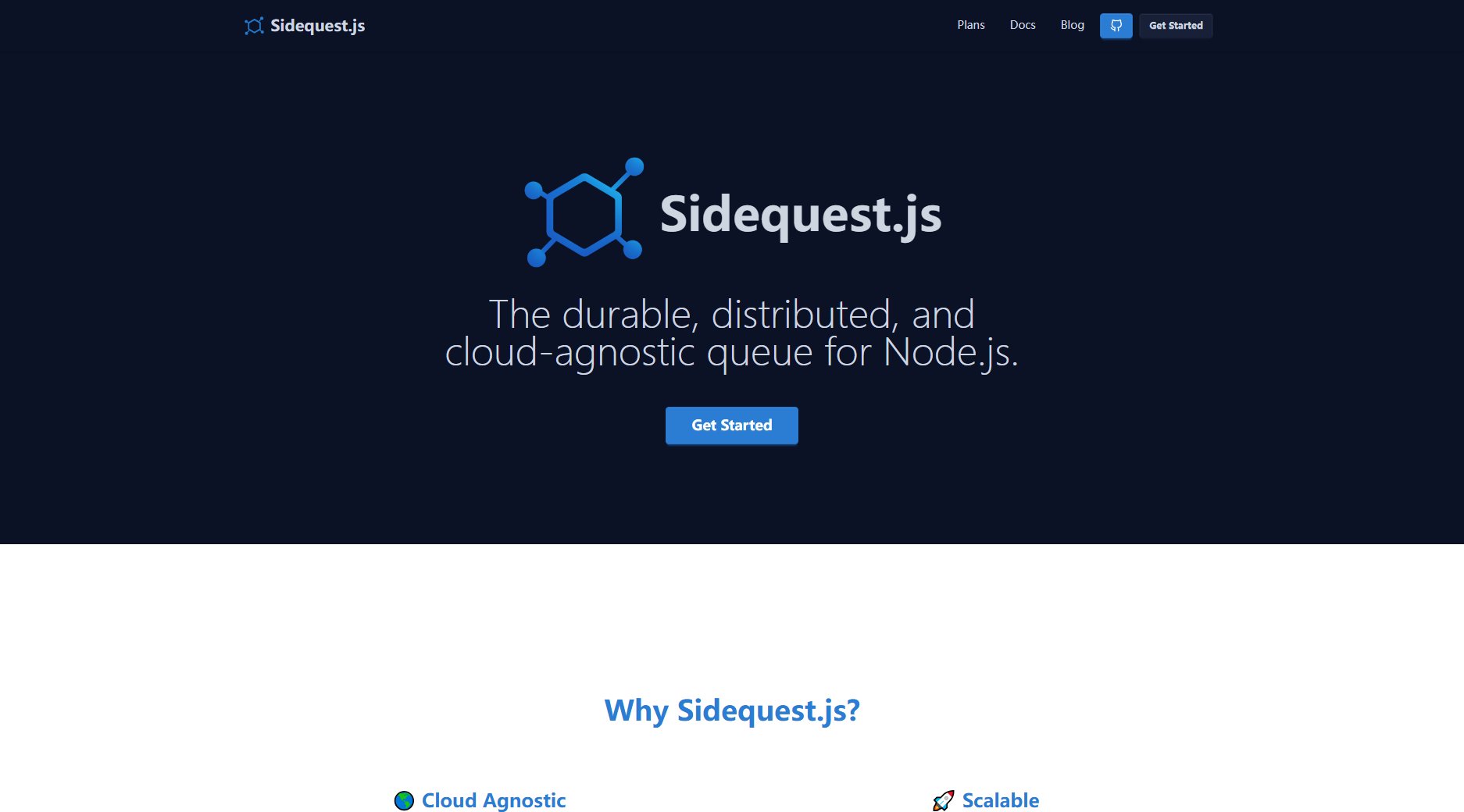
Sidequest.js Official screenshot of the tool interface
What Can Sidequest.js Do? Key Features
Cloud Agnostic
Sidequest.js runs anywhere without requiring code changes. Whether you're on AWS, GCP, Azure, OCI, hybrid, or on-premises environments, Sidequest.js remains portable and predictable. This feature ensures you're never locked into a specific cloud provider, giving you the freedom to migrate or change infrastructure as needed.
Scalable Architecture
Built from the ground up for distributed systems, Sidequest.js handles real workloads effortlessly. Its architecture is designed to scale with your application's needs, ensuring consistent performance even under heavy load.
Modern Management UI
Sidequest.js comes with a clean, intuitive interface that lets you monitor jobs, debug issues, and maintain control over your queues without digging through logs. The UI provides real-time insights into your queue operations, making management and troubleshooting significantly easier.
Developer Friendly API
With its clear, minimal API and solid documentation, Sidequest.js is designed for quick adoption and developer satisfaction. It integrates seamlessly into any Node.js application, allowing developers to focus on building features rather than wrestling with queue management.
Open Source Foundation
The core of Sidequest.js is MIT licensed and fully open source. This means you can run it anywhere without licensing restrictions, benefit from community contributions, and trust in its active maintenance.
Best Sidequest.js Use Cases & Applications
Background Job Processing
Use Sidequest.js to offload time-consuming tasks like image processing, report generation, or data synchronization from your main application thread, improving responsiveness.
Distributed Task Scheduling
Coordinate tasks across multiple servers or containers in a microservices architecture, ensuring reliable execution even if individual instances fail.
Event-Driven Architecture
Implement event queues for decoupling services in a Node.js-based system, enabling more resilient and scalable architectures.
Migration Between Cloud Providers
Leverage Sidequest.js's cloud-agnostic nature when migrating applications between different cloud platforms without rewriting queue-related code.
How to Use Sidequest.js: Step-by-Step Guide
Install Sidequest.js in your Node.js project using npm or yarn package manager. The installation process is straightforward and well-documented.
Configure Sidequest.js to connect with your preferred storage backend (database or cloud storage). The configuration is minimal and cloud-agnostic.
Define your jobs using Sidequest.js's intuitive API. The API allows you to specify job priorities, retry strategies, and other parameters.
Monitor and manage your queues through Sidequest.js's built-in management UI, which provides real-time insights and control over your job processing.
Scale your application by adding more workers as needed. Sidequest.js's distributed architecture handles the coordination automatically.
Sidequest.js Pros and Cons: Honest Review
Pros
Considerations
Is Sidequest.js Worth It? FAQ & Reviews
Yes, Sidequest.js is designed to work seamlessly across all major cloud providers and on-premises environments without requiring code changes.
Sidequest.js is database-agnostic and can work with various storage backends. The specific supported databases depend on the adapter implementations.
Unlike node-cron which runs in-memory and on a single process, Sidequest.js offers durable, distributed job execution that persists across restarts and scales across multiple servers.
The Pro plan is currently in development. You can follow updates on the official GitHub repository or website for release announcements.
Absolutely. The open-source version is MIT licensed and can be self-hosted anywhere you choose.
